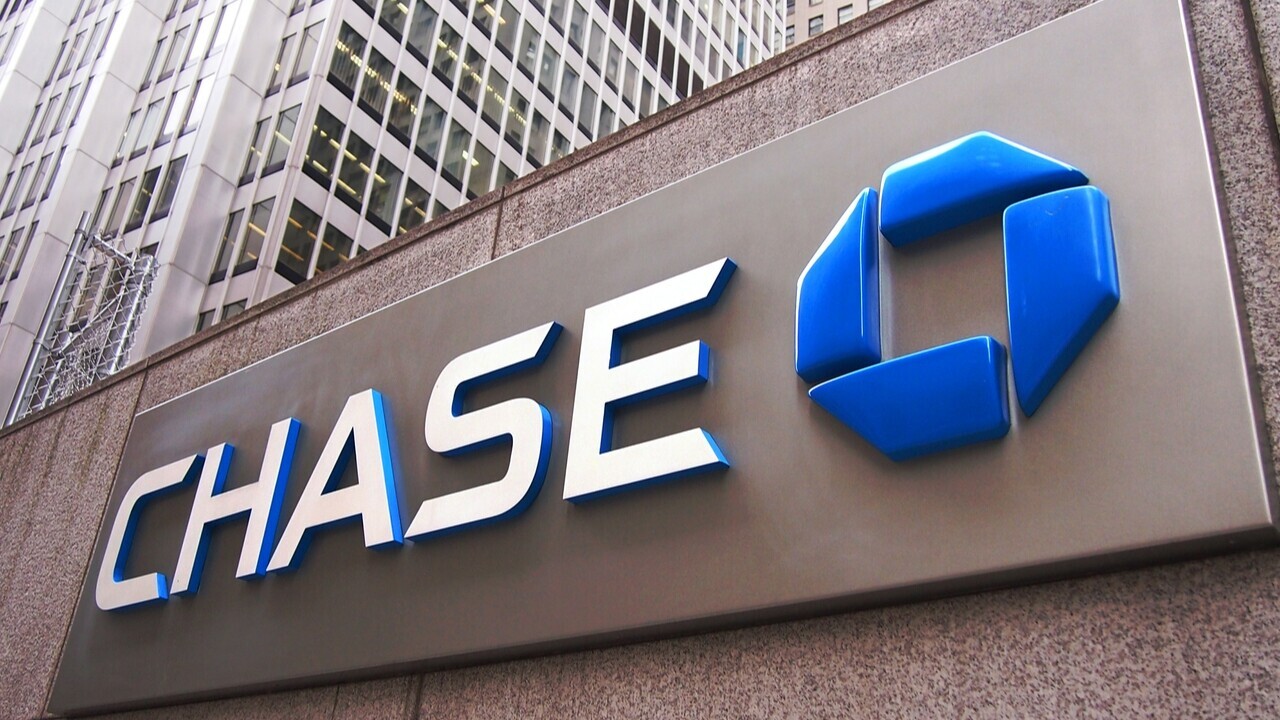
JPMorgan’s digital bank Chase will restrict all cryptocurrency-related transactions for its customers in the UK, as lenders step up measures to tackle fraud on their networks.
Starting 16 October, customers of Chase Bank in the UK will no longer be able to make crypto transactions using their debit cards or through outgoing bank transfers.
Chase, which offers fee-free banking via its mobile app, has reportedly amassed more than 50 million active users worldwide. The latest restrictions will only impact its UK customer base, representing some 1.6 million people.
“If we think you’re making a payment related to crypto assets, we’ll decline it,” read an email statement from Chase to its customers seen by AP News. “If you’d still like to invest in crypto assets, you can try using a different bank or provider instead.”
Data from Britain’s fraud reporting agency Action Fraud shows that the value of crypto fraud in the UK increased 41% last year — reaching a record high of £306mn (€352mn).
Crypto scams are part of a growing fraud “epidemic”, an offence which accounted for 40% of all reported crimes in England and Wales last year, according to the Office for National Statistics.
Chase UK is the latest bank in the country to take steps to limit the ability of their customers to purchase cryptocurrencies.
Earlier this year, British bank NatWest implemented new daily and monthly limits on cryptocurrency exchanges to protect customers from losing large sums of money, while HSBC announced customers would no longer be able to buy cryptocurrencies with their credit cards.
Other financial institutions like British neobank Starling and Santander UK have taken a harder line by outright banning the buying and selling of crypto on their networks.
Cryptocurrencies like Bitcoin or Ether are largely unregulated in the UK and Europe, although officials are actively trying to figure out how to better control their sale and distribution.
From 1 September 2023, crypto businesses in the UK are required to collect, verify, and share information about crypto transfers much in the same way as normal bank transfers.
Across the channel, the EU Parliament agreed in May on the world’s first comprehensive set of rules to regulate the transfer of cryptocurrencies, as it looks to crack down on money laundering and illegal transfers in the bloc.
Get the TNW newsletter
Get the most important tech news in your inbox each week.




